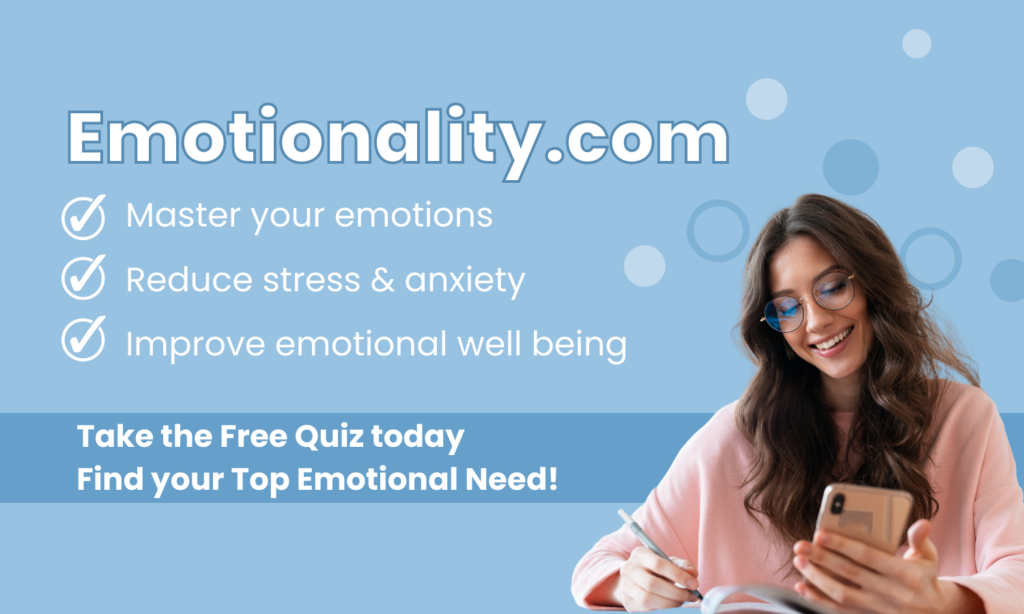How Self-Awareness Improves Emotional Balance
Ever feel like you’re on an emotional roller coaster?
One minute you’re feeling great and the next you’re feeling down in the dumps. If your emotions seem to be all over the place, it might be because you lack self-awareness. But don’t worry, you’re not alone! Learn how Self-Awareness can help improve emotional balance today.
What is Self-Awareness?
Self-awareness is the first step in learning Emotional Intelligence. It is the ability to recognize and understand your own emotions and how they affect your thoughts, behavior, and interactions with others. It’s about being in tune with your feelings and understanding why you feel the way you do. When you’re self-aware, you’re able to manage your emotions better and make choices that are in line with your values and goals.
Why is Self-Awareness Important?
Self-awareness is important for a number of reasons. For one, it allows you to be more deliberate about your choices. If you’re not aware of why you do the things you do, it’s easy to get caught up in negative patterns of behavior. But when you’re self-aware, you can step back and observe your thoughts and emotions without getting swept up in them. This gives you a chance to make more deliberate decisions about how to respond to situations.
In addition, self-awareness can help reduce stress and anxiety. (Who doesn’t need that?) When you understand your triggers and how to manage them, you’re less likely to feel overwhelmed by your emotions. Finally, self-awareness can improve your relationships. When you know yourself better, it’s easier to communicate effectively with others and resolve conflict in a constructive way.
How Can You Improve Self-Awareness?
- Practice meditation or mindfulness. When you are mindful, you are aware of your surroundings and your own thoughts and feelings. Mindfulness can be practiced through meditation, which is a form of mindfulness that involves focusing on your breath
- Reflect on your day-to-day experiences to identify patterns. For example, after a day of work, you might feel tired, stressed, and grumpy. After a day of interacting with people, you might feel drained and need some time alone to recharge. By reflecting on your day-to-day experiences, you can identify the emotional patterns that tend to occur for me.
- Take some time for “self-reflection” journaling. Journaling can help identify emotional patterns is to keep track of your moods on a daily basis. Write down how you feel, what led to those feelings, and any associated thoughts or behaviors. This can help you to see patterns in your emotions, and it can also help you to identify potential triggers for negative moods.
- Find your Top Emotional need. When you know your top emotional need, you can work on meeting that need. This can be a great way to help you understand yourself better and figure out what makes you happy.
When used in tandem with mindfulness and other self-awareness practices, Emotionality can help you become more aware of your own thoughts and feelings, as well as the thoughts and feelings of those around you. This increased awareness can lead to greater insight, empathy, and understanding, all of which can contribute to a more fulfilling life experience.








